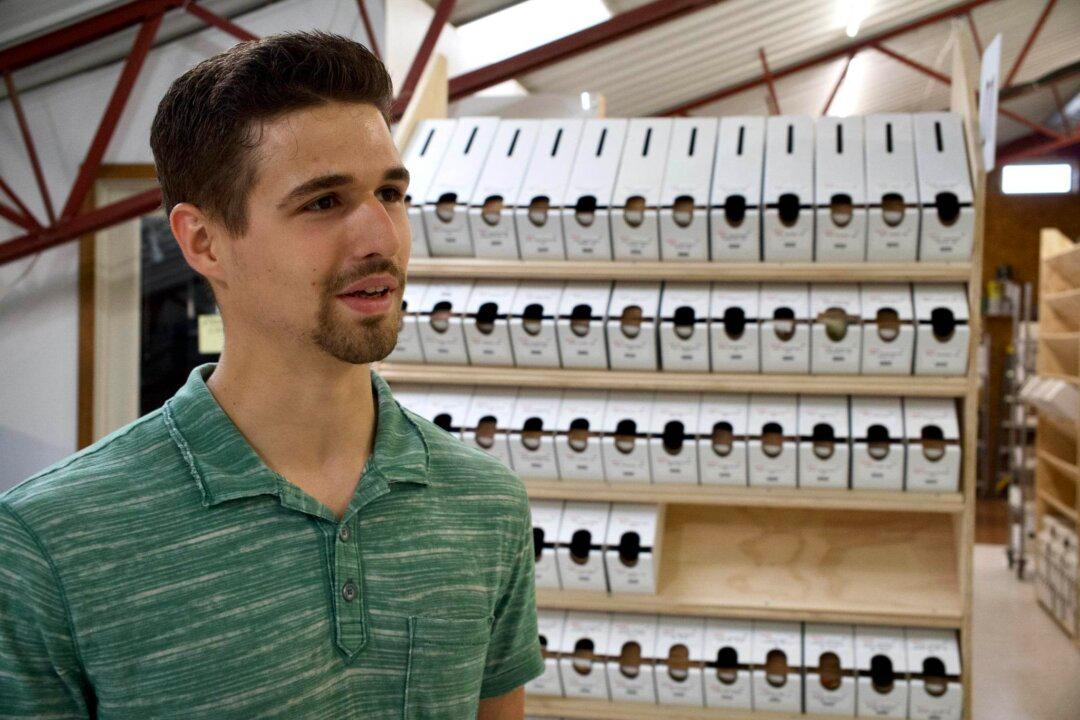MILLERSBURG, Ohio—In a warehouse outside of this village in Ohio’s Amish Country, Brenton Wengerd walks along aisles of shelves stocked with 700 varieties of seeds that range from fruits, vegetables, and herbs to flowers, ancient grains, and cover crops.
A day earlier, his company—Berlin Seeds—co-hosted the second Food Independence Summit, where gardening and homesteading enthusiasts around the country traveled here to learn about sustainable living.





